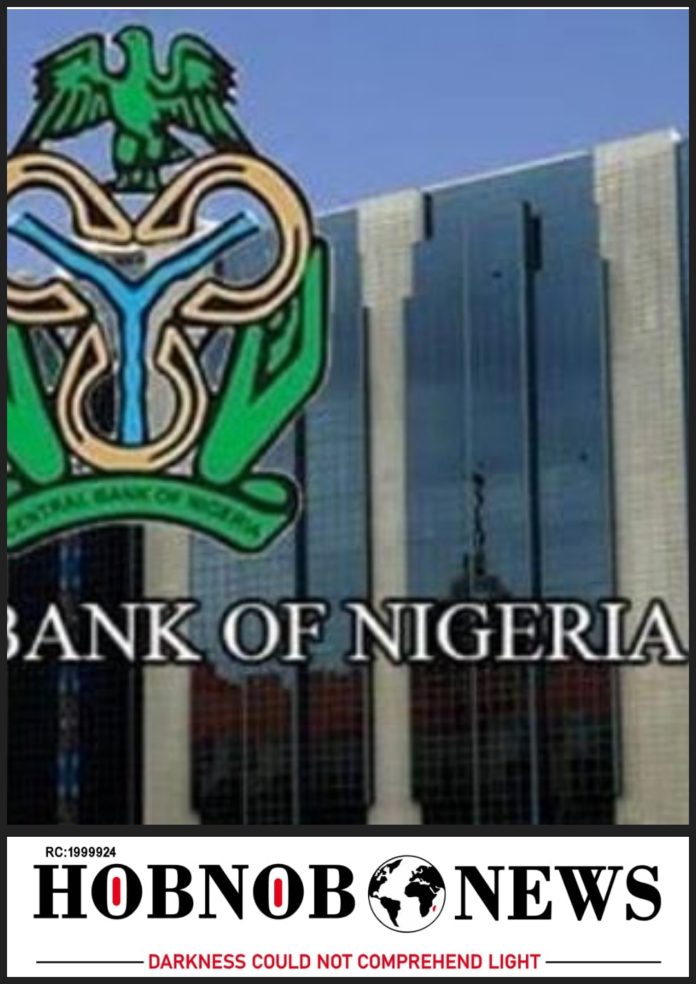The Central Bank of Nigeria has injected over $300 million into Deposit Money Banks within the last two weeks, signaling determined efforts to stabilize the fluctuating naira-dollar exchange rate. The Association of Corporate Treasurers of Nigeria revealed this information in an advisory memo to its members, citing rates at the official market reaching as high as N1850/$.
In the advisory, it was disclosed that the CBN had sold over $200 million to banks below N1,500/dollar last week, and this week, there were consecutive sales at rates understood to be in the $1,450 range. The memo aimed to guide decision-making for corporate treasurers facing challenges amid the significant depreciation of the naira.
The memo read in part, “We are sure you must have been following up on activities in the foreign exchange market, with rates at the official market going as high as N1850/$.
“If you are not aware, kindly note that the CBN last week sold over $200m to the banks below N1,500/dollar. Similarly, this week, the CBN has on two consecutive days sold FX to banks at rates we understand to be in the $1,450 range. We hope this information helps guide your decisions regarding the rates and spreads you get from your banks.”
An executive committee member of the ACTN confirmed the information, emphasizing that the memo aimed to keep members informed about the ongoing developments. The recent dollar sales by the CBN followed a period of rapid naira depreciation, prompting intervention measures.
Although the naira appreciated against the dollar at the official market, reaching 1,582/$ at the close of Monday’s trading activities, it slightly slipped at the black market, ranging between N1,555/dollar and N1,560/dollar, influenced by market sentiment.
The recent increase in the naira’s value was attributed to the joint efforts of the CBN and the Economic and Financial Crimes Commission (EFCC), who conducted raids on currency traders speculated to be influencing the local currency negatively. Despite these fluctuations, the CBN’s interventions underscore the commitment to maintaining stability in the foreign exchange market.

